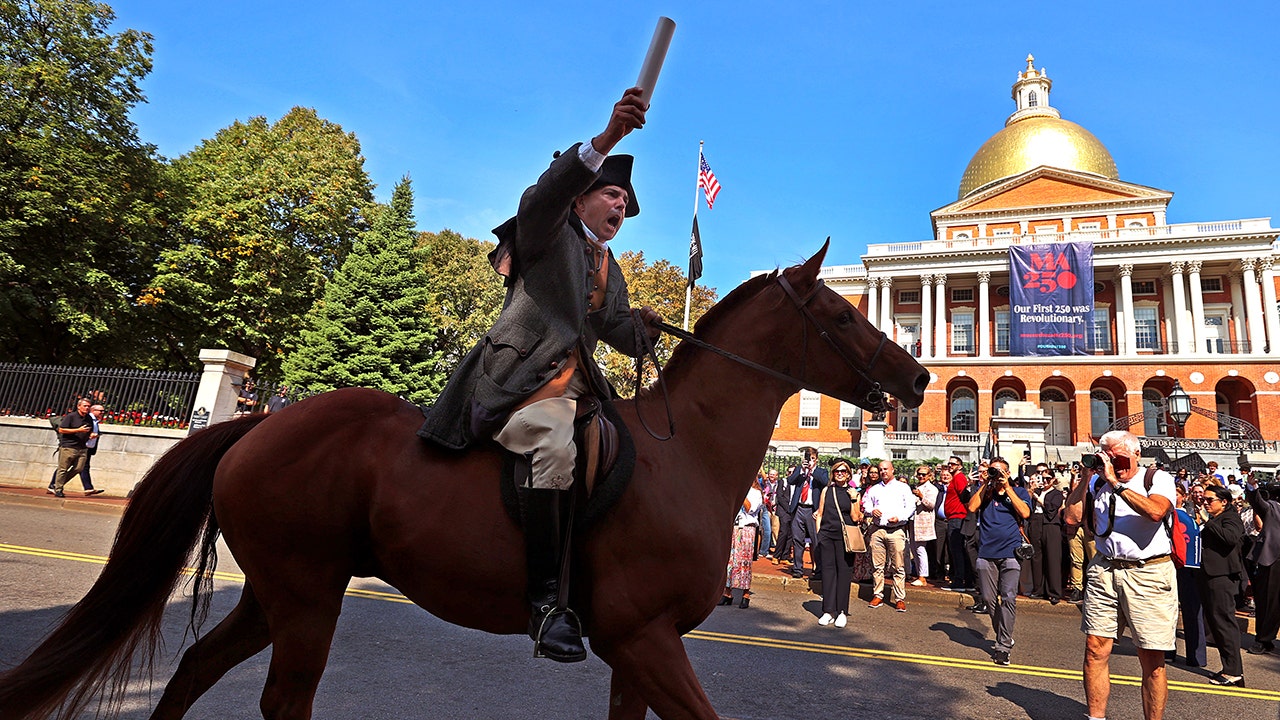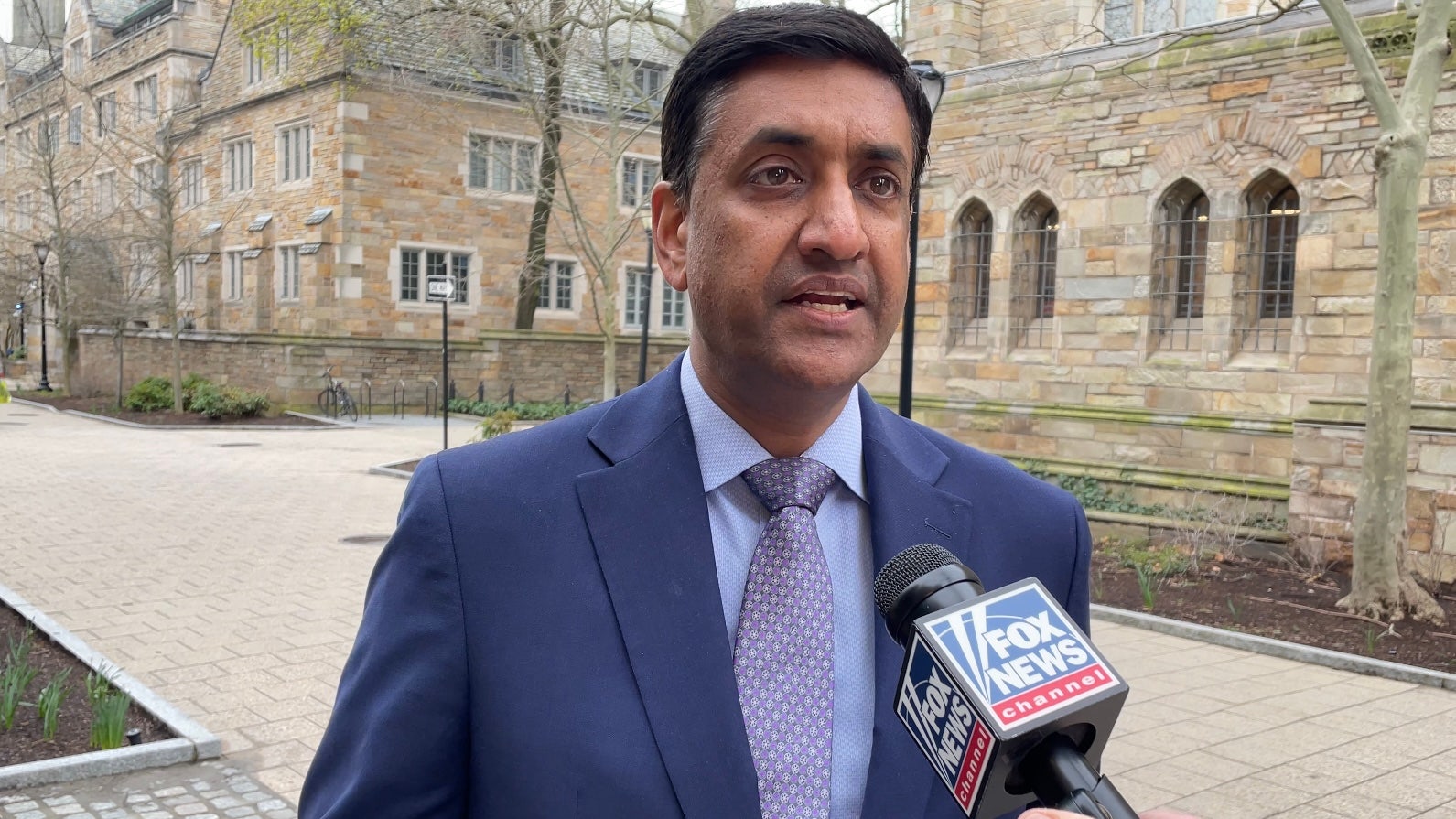Kellie Pickler’s ongoing legal battle with her late husband Kyle Jacobs’ parents could get “complicated,” according to a legal expert.
“Probate cases can be very difficult for all involved. What should otherwise be intimate family matters are made public in a court of law,” Tennessee-based attorney and estate planner Michael Crowder, who has no connection to the case, exclusively told Us Weekly. “Conflict can be compounded by the pain, hurt and sometimes guilt or anger that the family is experiencing over the loss of a loved one.”
Jacobs died by suicide in February 2023 at the age of 49. Nearly one year later, Jacobs’ parents, Reed and Sharon, allegedly asked Pickler, 38, for many of Jacobs’ personal belongings. (Reed and Sharon are coadministrators of Jacobs’ estate.)
Pickler, meanwhile, claimed that she did not have any of the items — Jacobs’ gun collection, watches, jewelry, musical instruments and more — in her possession. She filed court documents in 2024, claiming that Reed and Sharon also removed certain items from her home without her knowledge or consent. Reed and Sharon disputed Pickler’s accusations in a November 2024 legal response, asserting that they had an “express invitation” to collect Jacobs’ belongings.
“The dispute in this case involves the ownership and division of tangible personal property,” Crowder explained to Us. “Some of the most contentious cases I’ve handled in my career involve the division of a person’s belongings — what we lawyers call ‘tangible personal property,’ such as furniture, jewelry, guns, musical instruments, etc. These disputes are most often fueled not by the monetary value of the items, but by their sentimental value.”
According to Crowder, such disputes can often become “proxy wars” for family members to “work out long-standing issues” that started long before an individual’s death.
“One of the threshold issues in this case appears to be whether certain items of tangible personal property were owned by Ms. Pickler or by her husband,” Crowder said. “Ms. Pickler has alleged that the Jacobses entered her and her husband’s home and took possession of certain items. If those items were, in fact, owned by Ms. Pickler, the Jacobses had no authority to take possession of them and acted improperly in doing so.”
Crowder, however, acknowledged that Reed and Sharon are “authorized under Tennessee law” to take possession of Jacobs’ tangible personal property since they are his estate administrators.
“Determining ownership of such property can be complicated. It may involve tracing the source of the funds used to purchase the items,” Crowder added to Us. “For example, did the money come from Ms. Pickler’s employment, or from her husband’s? Additionally, spouses can enter into contracts regarding the ownership of their property, often through prenuptial or postnuptial agreements.”
Pickler and Jacobs did sign a prenup when they got married in 2011, which Reed and Sharon have used as a reason why the singer’s legal request should not be granted.
“The court will likely need to interpret that contract to determine what the parties agreed to in terms of ownership,” Crowder said. “To the extent the court determines that some or all of the property was owned by Ms. Pickler’s husband, the Jacobses have the right to collect that property as the estate’s administrators. Some or all of that property could be sold during the administration of the estate, if necessary, to pay debts and expenses.”
Once any debts and expenses are paid, it is up to an administrator to distribute the remaining property to the estate’s heirs. Since Pickler and Jacobs did not have children, Tennessee law typically allocates the entire estate to the individual’s spouse.
“Under the default rules, Ms. Pickler would be entitled to all of her husband’s property after the estate is administered by the Jacobses. However, a spouse’s right to inherit can be modified by contract,” Crowder told Us. “Many people think a prenuptial agreement only addresses property division in a divorce, but it can also address the spouses’ rights to each other’s estate upon death. Additionally, it’s possible for the family of a deceased person to reach an agreement amongst themselves regarding the division of property.”
Many of the details about the legal battle have been placed under a seal for enhanced privacy. Earlier this month, Reed and Sharon also filed a subpoena to the Harpeth Memorial Gardens Funeral Home & Cremation Center for further details about Jacobs’ funeral service and cremation plans. Harpeth has allegedly refused to comply with the request, but has not filed an objection.
“It’s difficult to estimate the Jacobs’ intentions behind the subpoena to the funeral home,” Crowder told Us. “This is conjecture, but they may hope to uncover information that helps them locate certain belongings of their son.”
If you or someone you know is struggling or in crisis, help is available. Call or text 988 or chat at 988lifeline.org.












